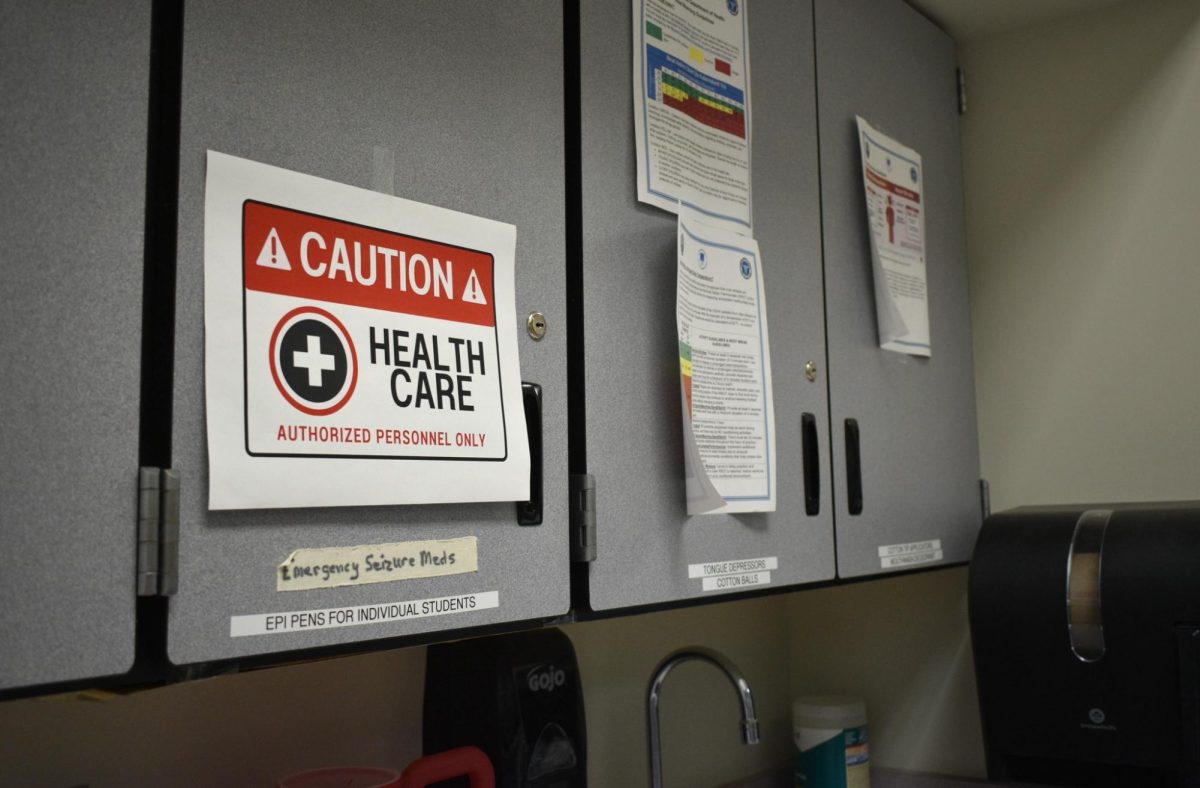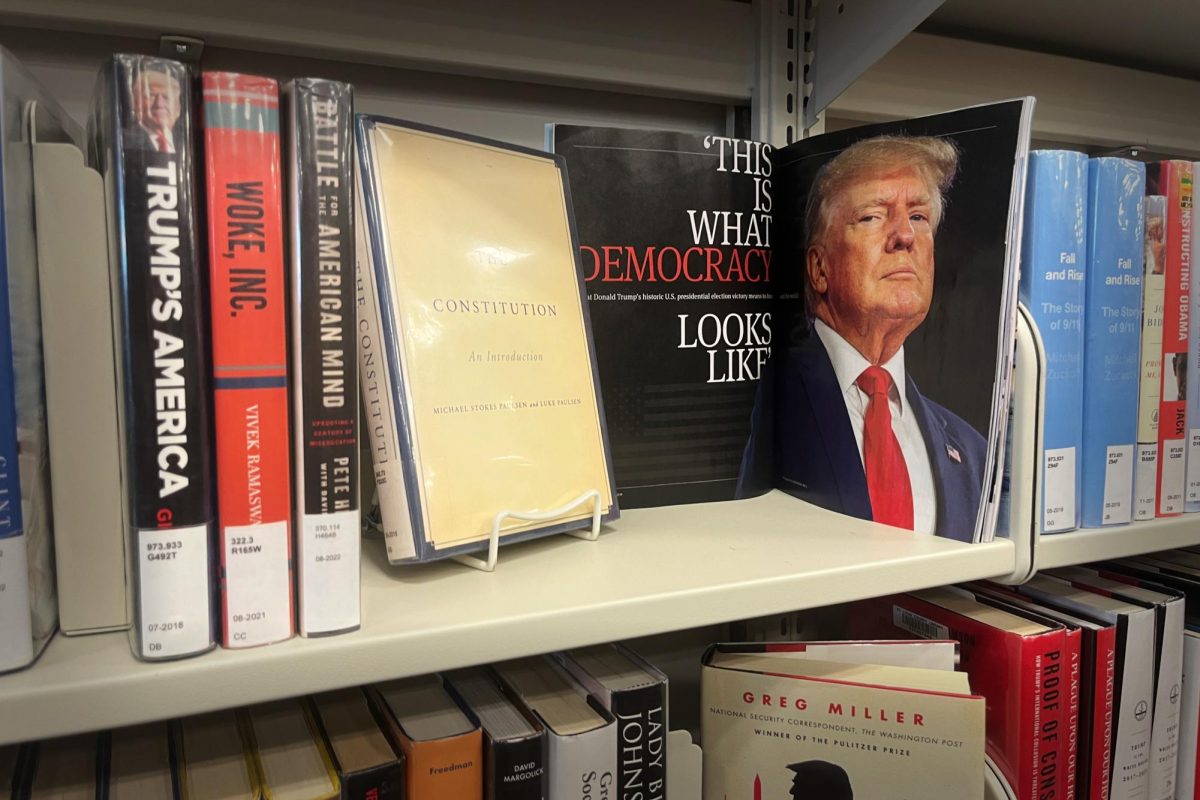As the nations debt toll continues to rise as it has been since the Bush administration, we await a much-needed change in our current federal spending habits. According to usdebtclock.org, as of now, the United States National debt is at $16.5 trillion and rising. The debt can be blamed on a plethora of problems, ranging from the war on terrorism to the war on drugs, but the debt is really at fault of our governmentŌĆÖs irresponsible spending.
Since the First World War, the United States has taken the role of a world police officer, becoming involved in numerous problems that did not require American involvement. Subsequently, the total annual federal spending has increased form less than 10% of the gross domestic product (Or GDP: The monetary value of all the finished goods and services produced within a countryŌĆÖs boarders in a specific time) before World War I, to a little less than 40% of the GDP in 2012. During that time period, the value of the U.S. dollar has dropped significantly, from being worth ~1510mg in gold at the beginning of the 20th century to a measly ~19mg as of January 2013, which is roughly a 7950% decrease. A 1900 U.S. dollar is worth nearly 80 2013 U.S. dollars. Believe it or not, those numbers are somewhat normal, as the 2013 Euro is worth only 6mg more in gold than the 2013 U.S. dollar. What this tells us is that inflation is not the problem, the problem is that our government is spending money that it doesnŌĆÖt have on things that are so far doing nothing to help the country
So, as it is established that the amount we are spending and what the money is being spent on is the problem, a new question arises: how do we cut down the spending while maintaining a safe, stable country that abides by all of the laws and values that our forefathers set out for us? The answer, although seems difficult and complicated, has actually been right under our noses the entire time. Before World War I, the United States followed a strict isolationist policy, which means that the country isolated itself from outside conflict. The economy then was level, not great, but not bad. The federal deficit also did not start spiking until just before 1920, which is just the time the United States joined the war. Since then, the deficit has continued to spike as Americans have continued to involve itself in outside conflict. Going back to this isolationist policy would give the economy time to recover, as well as time to re-think the role of the United States.
Lastly, and most importantly, is the issue of what we are spending the money on currently. The amount of money our government has spent over the past decade is inconceivably high, and that number only continues to rise. The department of defense alone has $525.4 billion in discretionary spending for 2013, which is by far the largest amount of money given to any government department, but the Department of Education only received $69.8 billion in discretionary spending for 2013, and as Americans are falling farther and farther behind the world in test scores, a change must be made. The government has to prioritize the needs of the people of the United States before it handles the needs of the world. An isolationist policy would free up hundreds of billions of dollars, which would open the door for a greater funding of education and the betterment of the nation. The government of today has put the next few generations in jeopardy with the debt, and if there are not any well-educated people in the government of the future, then the United States could face unimaginable consequences.
Disclaimer:┬ĀThe views and opinions expressed in this article are those of the authors and do not necessarily reflect the official position of the Parkway School District.

![Dressed up as the varsity girlsŌĆÖ tennis coach Katelyn Arenos, senior Kate Johnson and junior Mireya David hand out candy at West HighŌĆÖs annual trunk or treat event. This year, the trunk or treat was moved inside as a result of adverse weather. ŌĆ£As a senior, I care less about Halloween now. Teachers will bring their kids and families [to WestŌĆÖs Trunk or Treat], but there were fewer [this year] because they just thought it was canceled [due to the] rain. [With] Halloween, I think you care less the older you get,ŌĆØ Johnson said.](https://pwestpathfinder.com/wp-content/uploads/2025/10/DSC00892-1-1200x800.jpg)
![Leaning on the podium, superintendent Melissa Schneider speaks to Parkway journalism students during a press conference. Schneider joined Parkway in July after working in the Thompson School District in Colorado. ŌĆ£My plan [to bond with students] is to get things on my calendar as much as possible. For example, being in [classes] is very special to me. I am trying to be opportunistic [meeting] kids [and] being in [the school] buildings. I have all the sports schedules and the fine arts schedules on my calendar, so that when I'm available, I can get to them,ŌĆØ Schneider said.](https://pwestpathfinder.com/wp-content/uploads/2025/09/IMG_5425-1200x943.jpeg)


![Red, white and blue, the American flag holds the values of our democracy. The fight that we once endured has returned, as student journalists and senior correspondents across the country are losing their voices due to government control. ŌĆ£[Are] the White House and [the] government limiting free speech [and] freedom of the press? Yes [they are],ŌĆØ chief communications officer of the Parkway School District and former journalist Elisa Tomich said.](https://pwestpathfinder.com/wp-content/uploads/2025/03/Untitled-design-14.jpg)
![A board in the Parkway West counseling department displays pennants of selective universities. With a wide range of students interested in attending, itŌĆÖs important that these schools have clear priorities when deciding who to admit. ŌĆ£[Washington University] had the major that I wanted, psychology, philosophy, neuroscience. That's a holistic study of the brain, and [WashU is] the only college in the world that offers that. That's the main reason I wanted to go; I got into that program,ŌĆØ senior Dima Layth said.](https://pwestpathfinder.com/wp-content/uploads/2025/02/Flag-1.png)

![Within the U.S., the busiest shopping period of the year is Cyber Week, the time from Thanksgiving through Black Friday and Cyber Monday. This year, shoppers spent $13.3 billion on Cyber Monday, which is a 7.3% year-over-year increase from 2023. ŌĆ£When I was younger, I would always be out with my mom getting Christmas gifts or just shopping in general. Now, as she has gotten older, I've noticed [that almost] every day, I'll open the front door and there's three packages that my mom has ordered. Part of that is she just doesn't always have the time to go to a store for 30 minutes to an hour, but the other part is when she gets bored, she has easy access to [shopping],ŌĆØ junior Grace Garetson said.](https://pwestpathfinder.com/wp-content/uploads/2024/12/DSC_0249.JPG-1200x801.jpg)

![Senior Sally Peters stands in the history hallway, contemplating her choices in the 2024 United States and Missouri elections on Nov. 5. As a member of Diplomacy Club, Peters has discussed key candidates and issues in contemporary American politics. ŌĆ£[As students], we're starting to become adults. We're realizing how much the policies that are enforced and the laws that make it through the House and Senate are starting to affect us. [Opportunities such as] AP [U.S.Government] and Diplomacy Club [make elections feel] a lot more real,ŌĆØ Diplomacy Club vice president and senior Nidhisha Pejathaya said.](https://pwestpathfinder.com/wp-content/uploads/2024/10/Flag-1-1.png)